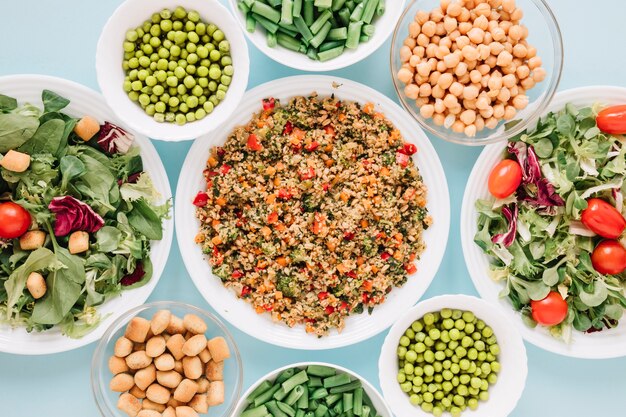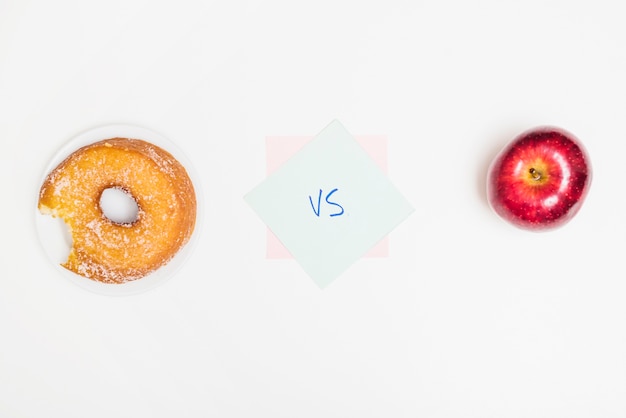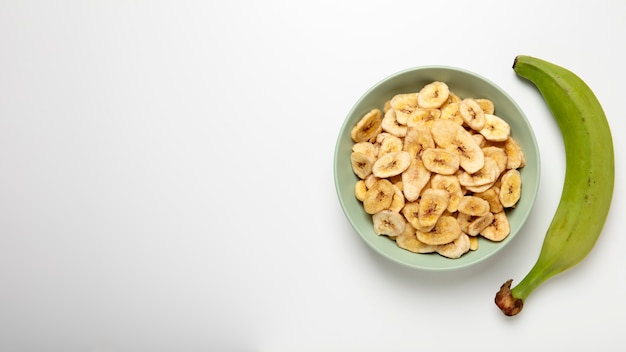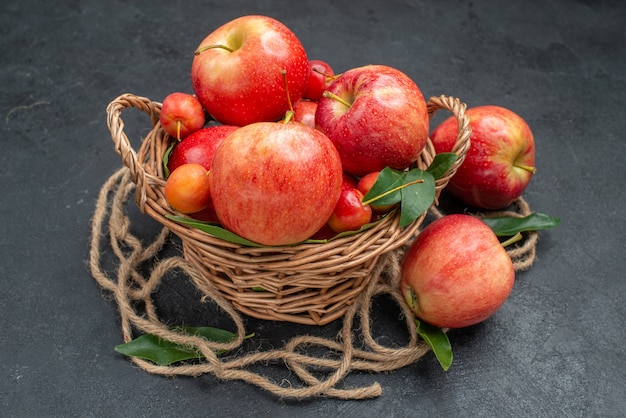When it comes to losing weight, fiber often isn’t given the attention it deserves. Fiber comes in two forms鈥攕oluble and insoluble鈥攁nd both are crucial for weight management. Dietary fiber is a plant-based nutrient that’s key to keeping your digestive system healthy.
There are two main types of fiber: soluble and insoluble. Soluble fiber dissolves in water, forming a gel-like substance in the stomach. This slows down digestion, making you feel full longer which helps with weight management. Soluble fiber also helps manage cholesterol as it binds with cholesterol particles in the digestive system, helping to remove them from the body.
Insoluble fiber doesn’t dissolve in water and remains mostly intact as it travels through your digestive system. It adds bulk to stool, which helps prevent constipation and ensures regular bowel movements.
Both types of fiber can help with weight loss as fiber-rich foods take longer to eat and digest, making you feel full longer. High-fiber foods are typically low in calories, letting you eat more without worrying about weight gain.
While many people know fiber is important, getting enough can be challenging. Adults under 50 should aim for 25 to 38 grams of fiber daily, while those over 50 should get 21 to 30 grams. For weight loss, try to get at least 30 grams of fiber each day.
A balanced diet rich in fiber, paired with regular exercise, is the key to sustainable weight loss.
Fiber is a potent nutrient that helps with weight loss by keeping you full and reducing overall calorie intake. Adding fiber-rich foods to your diet is an easy and effective way to support your weight loss journey. Don鈥檛 underestimate the power of fiber鈥攅mbrace it and you’ll be on your way to achieving your weight loss goals.







